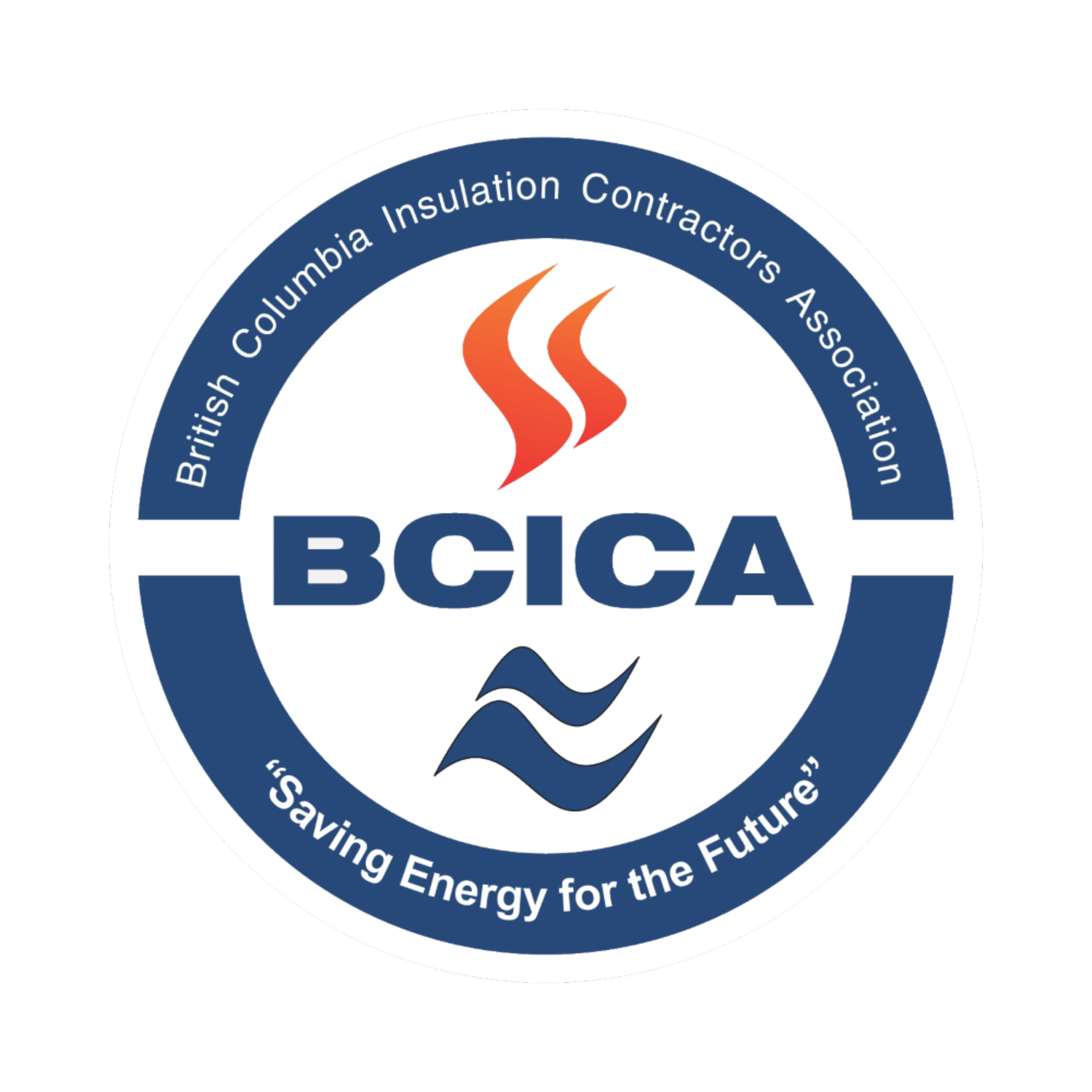BCCSA readies launch of groundbreaking asbestos awareness courses this summer
The BC Construction Safety Alliance (BCCSA) is readying the launch this summer of its groundbreaking online training courses on asbestos awareness, the first of its kind in Canada.
“It has been a year in development and the first module just needs to be cleaned up a bit,” said Mike McKenna, BCCSA executive director, of the seven-module Asbestos Competency Training (ACT) program which also has an interactive tool.
McKenna said it is a collaborative effort involving industry, labour and WorkSafeBC with BCCSA investing $850,000 into creating the suite of online courses that focuses is on education and protection of workers.
“The third wave is coming and we are doing everything we can to make people take it seriously,” said McKenna.
Early asbestos miners in Canada and those who employed making asbestos products were fatalities in the first wave as occupational health authorities were slow to recognize the downstream dangers of exposure to asbestos fibres. The second wave of fatalities is still being seen as construction workers who installed asbestos-laden material ranging from carpeting to insulation into new home construction are dying in Canada. Many of these homes with asbestos are now being torn down or renovated and again workers, who do not realize the dangers, can be impacted 20 to 30 years downstream in a third wave.
“We want to provide access to information and in an easily digestible form,” McKenna said of the courses, which cater to a broad range of individuals from the homeowner to the employee working in high-risk asbestos areas.
“It is simplifying the information of how to keep workers safe onsite and that is the main focus.” M.J. Whitemarsh, Asbestos Competency Training Program
The ACT project is being lead by Mike Sully, a retired member of B.C.’s restoration industry and the former president of the BC Association of Restoration Contractors, which amalgamated with the BCCSA in 2016.
“My guess is that there are closer to 125,000 projects each year that involve disturbing asbestos,” he said, adding only a small number of them file a notice-of-project, which is required when work disturbs asbestos. “If you don’t know about asbestos, you won’t file a notice of project. If you’re empowered with better education, this wouldn’t be happening as often.”
Management consultant M.J. Whitemarsh, who has served with the Island Health Authority and chief executive officer of the Canadian Home Builders’ Association of BC, is acting as project manager for the course development.
McKenna said the BCCSA will charge only a modest fee for the courses but will provide them to high school students looking to work in trades for free. It can also be made available to trades students working in technical institutions. He said the courses are drawing interest from right across Canada and there is the potential for sales to other provinces, which can also help defray distribution costs in B.C. McKenna said the course provider is D2L (Desire to Learn), a large international provider of online learning educational content.
Whitemarsh said the seven course modules include content for new workers, low-exposure work, moderate exposure, high exposure, samplers within a building, supervisory personnel and technicians.
“Plus there is an interactive tool,” said Whitemarsh, allowing individuals who want to query a specific situation to receive information on best practices and protection. The suite of courses and the interactive tool do not deal in regulatory compliance but rather focus on the best practices known to protect workers and work safely.
“If workers onsite follow best practices, then they are usually following compliance,” she said.
The courses go into specific examples that workers may encounter and how to deal with these issues.
“The what-to-do supported by how-to-do it,” Whitemarsh said as the course content can describe how to set up a containment area, what subtrades may find when undertaking renovations, or even what a plumber on an emergency call might encounter.
“It is simplifying the information of how to keep workers safe onsite and that is the main focus,” she said.
Each course ends with hyperlinks that will take the individual to more information such as WorkSafeBC’s site.
Sully said the renovations industry is Canada is valued at $8 billion and the BCSSA is choosing the route of education over regulatory compliance as most of the harm done to workers results from a lack of understanding the dangers.
“We don’t go to work to hurt ourselves and employers don’t intend to hurt their employees. I believe there is a complete lack of awareness of where asbestos is and how it can be disturbed. By increasing the level of awareness, we will have a dramatic impact on a safe work outcome,” he said.
